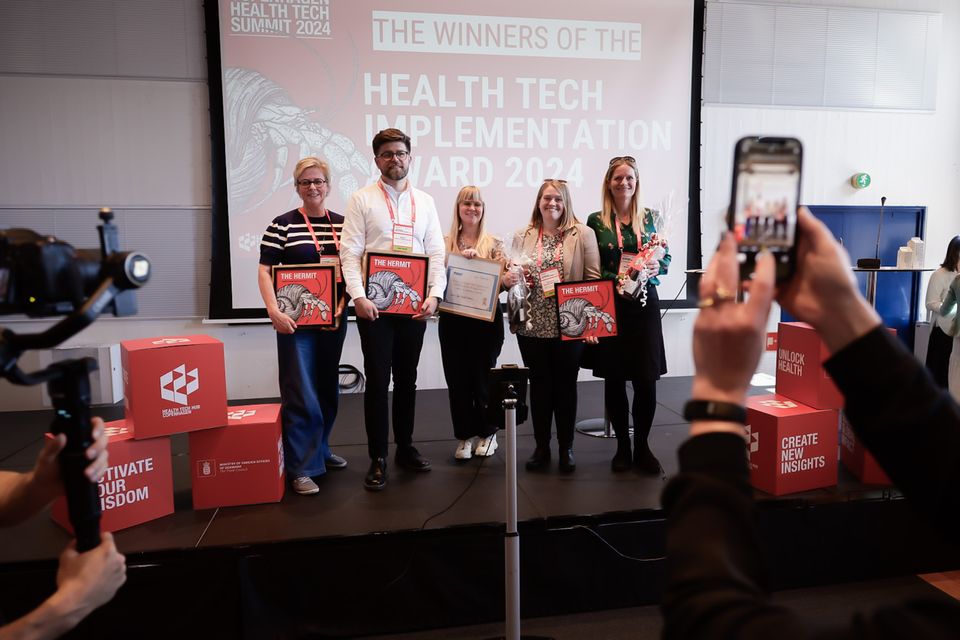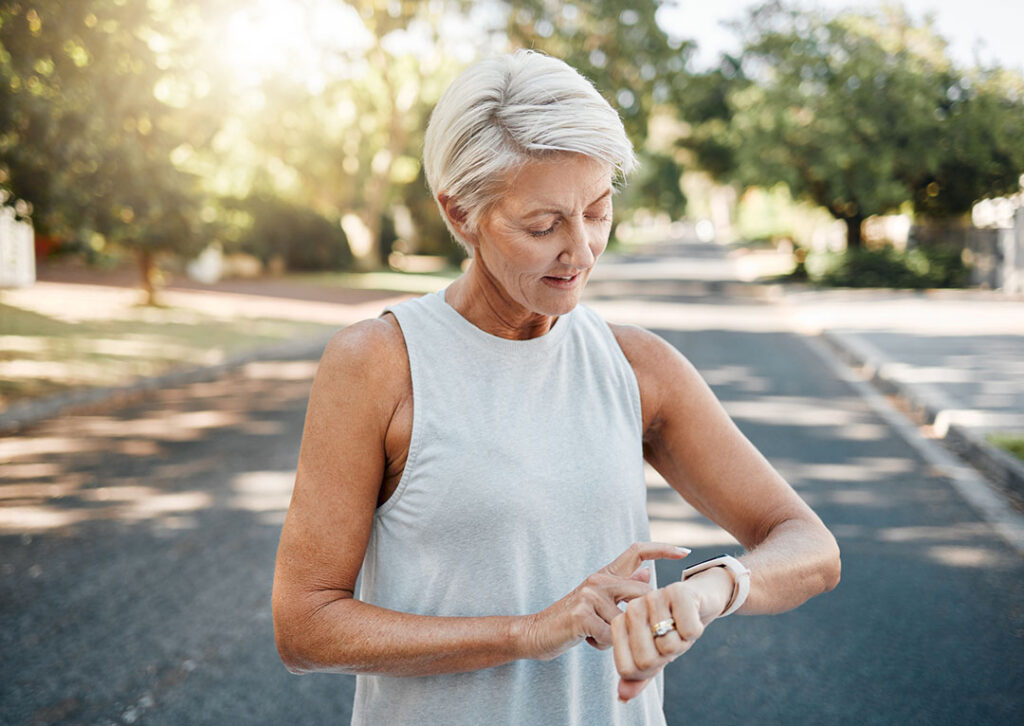Wegovy, the new weight-loss injection has become a household name. Worldwide demand for this new class of weight-loss medication known as GLP-1s containing semaglutide has grown rapidly since hitting the headlines. The drugs were previously developed to treat Type 2 Diabetes because they prompt the body to produce more insulin which reduces blood sugar, but they also reduce appetite making them a highly effective treatment for weight-loss.
In Denmark, weight-loss injections have been available to prescribe to patients for more than a year. Here in the UK, NICE – National Institute for Health and Care Excellence has been assessing the latest clinical evidence where patients have been treated with the weight-loss medication combined with digital behaviour change coaching.
Dr Carl J. Brandt is a GP in Denmark and a Co-Founder of Liva. Liva’s digital therapeutics platform provides lifestyle change coaching and has been selected to support NHS patients living with obesity and type 2 diabetes.
Here he talks to Sian Jarvis, CB, FRCGP(H) about the impact of the new medications on patients and health systems and why it’s essential that GPs prescribe digital coaching alongside the use of medication and the latest clinical evidence:
How successful have the weight-loss injections proved to be for your patients?
My patients are losing 40 – 50 pounds on the average. So it’s a huge impact and a real game changer. Typically over a year to a year and a half you can see the impact. But most people lose 20 pounds within the first three to four months. So the initial effect of the medication is extreme and then the challenge is how to keep patients on track over the long term and maintain the weight-loss. In the beginning everything seems so easy. But you have to work with people to make sure they change what they eat and make sure they get the exercise they need.
What other health conditions can be tackled by offering weight-loss medication to patients?
I find a lot of people coming with joint pain can benefit. People with early stage arthritis, with sore knees or sore hips, can be helped by losing a substantial amount of weight. I’m also seeing patients with other conditions where exercise and physical exercise is important and when they lose weight it just becomes easier for them to be physically active. So, it can reduce the risk of hypertension and heart disease. The latest studies coming out now show that patients who lose weight actually reduce their risk of a heart attack. Obesity can really constrain people and I think we are going to see more and more evidence that by reducing weight people can lead healthier lives and reduce their risk of other cardiometabolic conditions.
As a GP when you prescribe weight-loss medication do you always refer your patients to have lifestyle coaching alongside?
Yes, the only evidence we have is for medication in combination with lifestyle change coaching. I’ve seen some patients who chose not to take lifestyle advice at the same time. But nearly all of them come back and say it’s not working or I have all these side effects or I can’t see how this is going to work for me. These patients may have only taken the medication for a short period of time and then they stop and then they gain the weight again. So it’s quite clear to me that if you want to take GLP-1s you need to get lifestyle support as well, because there’s so many aspects that need to be addressed. It’s not straightforward. With behaviour change people can reduce their dose and even stop taking the medication altogether.
How does the digital behaviour change programme work and what are the benefits it offers your patients who are trying to make sustainable lifestyle changes?
As a clinician I’ve been working in digital health for almost 25 years now, for a number of companies providing different digital health solutions. One of my huge interests is how to support people to help themselves live better, healthier lives. With digital coaching you can actually get extremely close to patients, in the sense that before we had to rely on patients remembering what they ate three weeks ago and what exercise they have done since they last came to the clinic? Today we have all sorts of digital means to collect data – step counts, cameras in every pocket, and through mobile phones we can actually talk to patients more directly about what is happening in their lives. And what we have seen over the last years is how these digital solutions, like Liva, are shifting the attention closer to the patient, providing digital coaching direct to home, so it’s part of everyday life and it’s pushing prevention and proactive care to a completely new level.
How far can digital coaching improve the outcome for patients compared to traditional face to face consultations with a healthcare professional?
A I think it’s quite clear if you look into the studies digital coaching is more effective because it’s done in the homes of the patients. People will have their coach right next to them when they’re cooking for example. When they’re considering exercise they will have access to their coach, right in their pocket. This advice in real time is more effective than if you have to go to visit a dietician or healthcare professional in the clinic and talk about what you did a few weeks ago. All the information and advice can be given in real time.
How accessible is the Liva coaching app to people who have less time to spend trying to change their lifestyle? Is it for everyone?
One of the arguments I hear people make against the use of technology and digital platforms like Liva is that they can widen health inequalities. My experience is exactly the opposite.
Before the rise of digital tools, the evidence in Denmark showed you needed to have spent a long time in education to support lifestyle change – you needed to be a skilled researcher to find the right advice on the internet and to delve through different articles on the latest research around health and wellbeing. However, through the Liva app and coaching portal you can get really close to people, and patients can ask for advice 24/7 and get answers really quickly. So my experience is exactly the opposite and finally we have something that is easily accessible and user friendly. As a GP I have found that by enabling my patients to access digital coaching it has really offered people the support they need to lead a healthier life.




